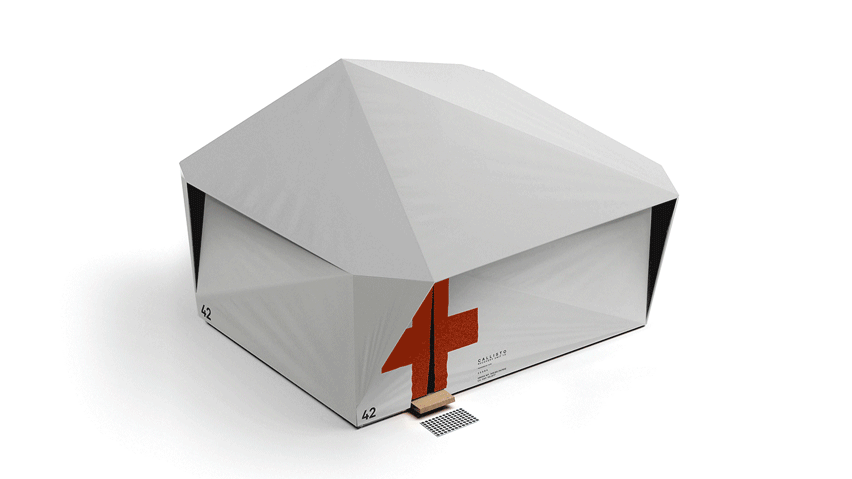
Jupe designs flat-pack intensive care unit to bolster hospitals impacted by coronavirus
Flat-pack startup Jupe has unveiled the "world's first standalone intensive care unit" and several other pop-up care facilities to help hospitals under pressure due to coronavirus.
Jupe, which was founded by entrepreneur Jeff Wilson and investment banker Cameron Blizzard to provide housing to displaced people, announced yesterday it was pivoting services in response to the pandemic.
Wilson and Blizzard teamed up with health advocate and physician Esther Choo and humanitarian designer Cameron Sinclair to develop the new arm called Jupe Health. It has created three care facilities that can be flat-packed and rapidly deployed to hospitals in the US.
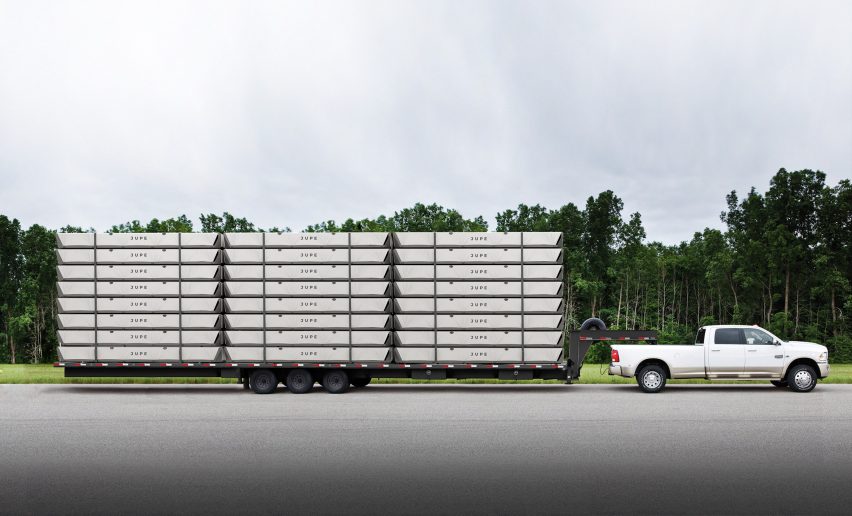
"Hospitals can't tackle it all rapidly enough, even once the federal government's aid package kicks in," said Choo.
"The health system has many overlapping needs right now, and cannot function well without all the pieces in place," she continued. "We're working to plug one of the more complex gaps."
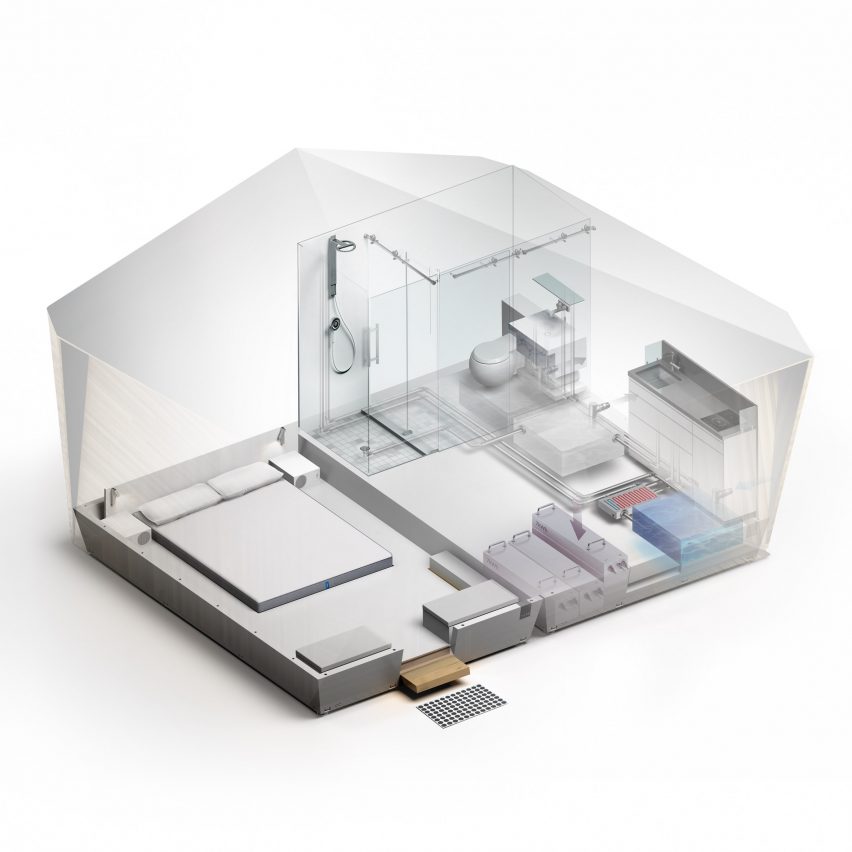
The facilities include Jupe Plus, a "light" intensive care unit (ICU); Jupe Care, an off-grid recovery unit for patients who aren't critical; and the Jupe Rest area that provides beds for medical professionals.
Jupe said it could deploy 24 of the flat-packed units on a heavy-duty pick-up truck with a 40-foot (12-metre) flatbed, or 500,000 on a single cargo ship, to both rural and urban areas in America.
"Having highly deployable recovery units gives us the best chance of fighting Covid-19 and to support our frontline medical professionals," Sinclair said.
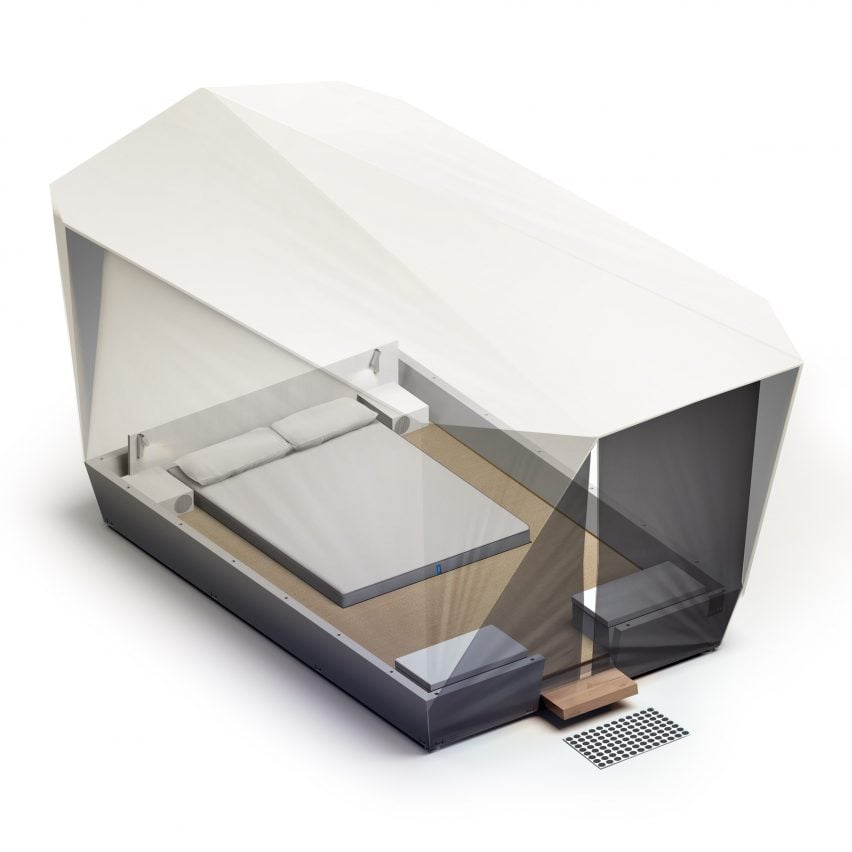
Jupe has already started prototyping its Care and Rest Units. More details about Jupe Plus will be released next month, but the company says it will mark the "world's first standalone intensive care unit".
Jupe Rest units are designed to provide a place for medical professionals to sleep between shifts. It means that they don't need to travel back home, preventing contact with their families and avoiding spread of the Covid-19.
Each comes with a bed and is connected to the Internet of Things, which refers to electronic objects that share data to provide a "network-ready treatment space" allowing air, climate and noise control.
Alongside a bed, toilet, sink, and shower, Jupe Care units include ventilator hook-ups and separate chambers for medical professionals to don and doff protective equipment.
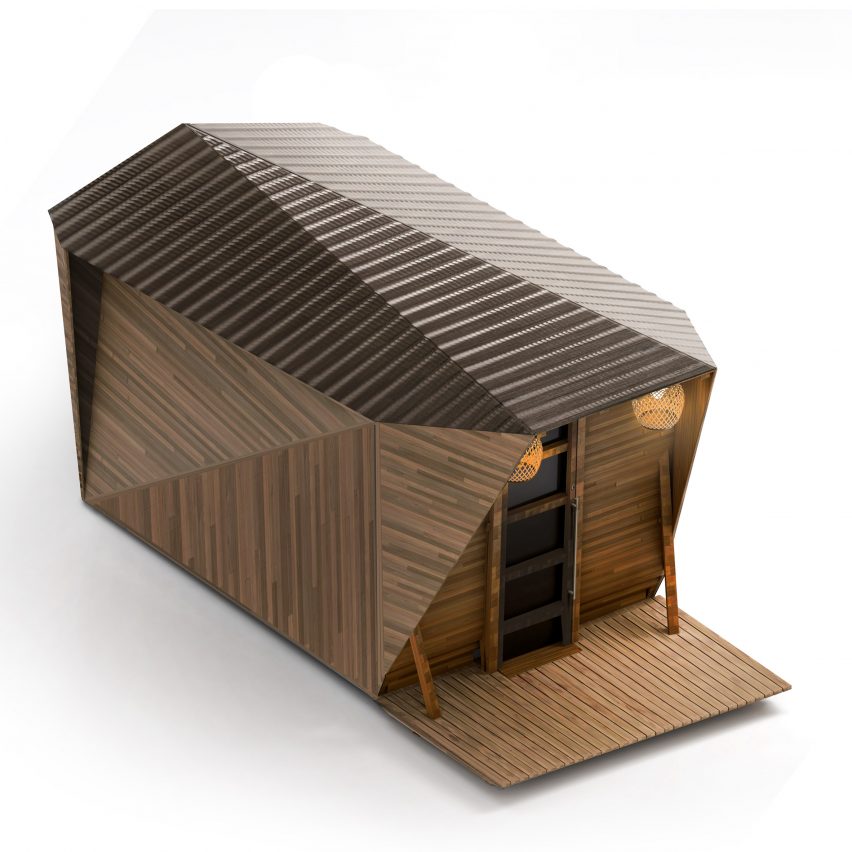
The units are enclosed by a faceted exterior that is available in soft-top or hard covers, and are either solar or battery-powered and fitted with water-disposal.
Wilson said the project has brought together professionals from a wide variety of fields, including film, design and 3D-printing, and is unprecedented.
"Never before has a team of rocket-engineers, car-designers, architects, humanitarians, medical doctors, IOT-experts, and boutique hoteliers come together around a mission like this," he said.
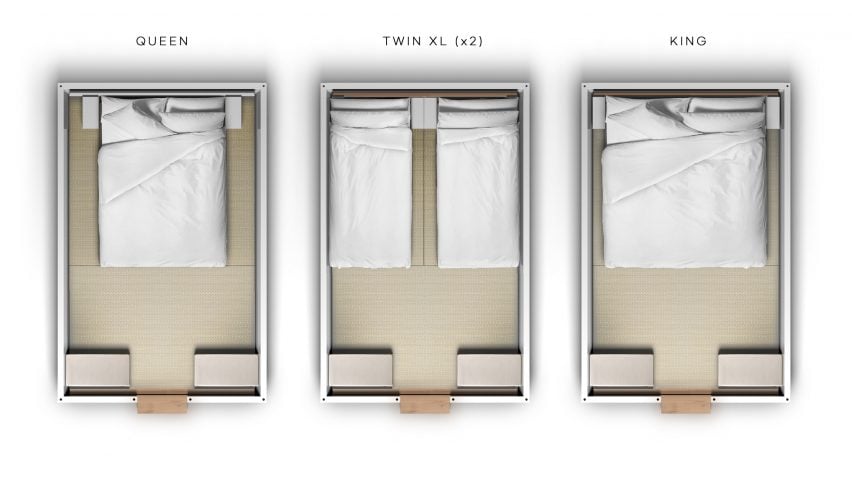
"Never before has the housing industry leveraged auto, space and software technology," Wilson added. "Never before has the timing been more utterly critical than today."
A number of architects, designers and companies have responded to coronavirus. Earlier this week, Italian architects Carlo Ratti and Italo Rota unveiled a proposal to create an intensive-care pod within a shipping container that could be added to hospitals.
Major brands have also responded to the medical equipment shortages caused by the pandemic, with car manufacturer Vauxhall and Gucci parent company Kering offering money and production lines to make items like masks, ventilators and hand sanitizers.